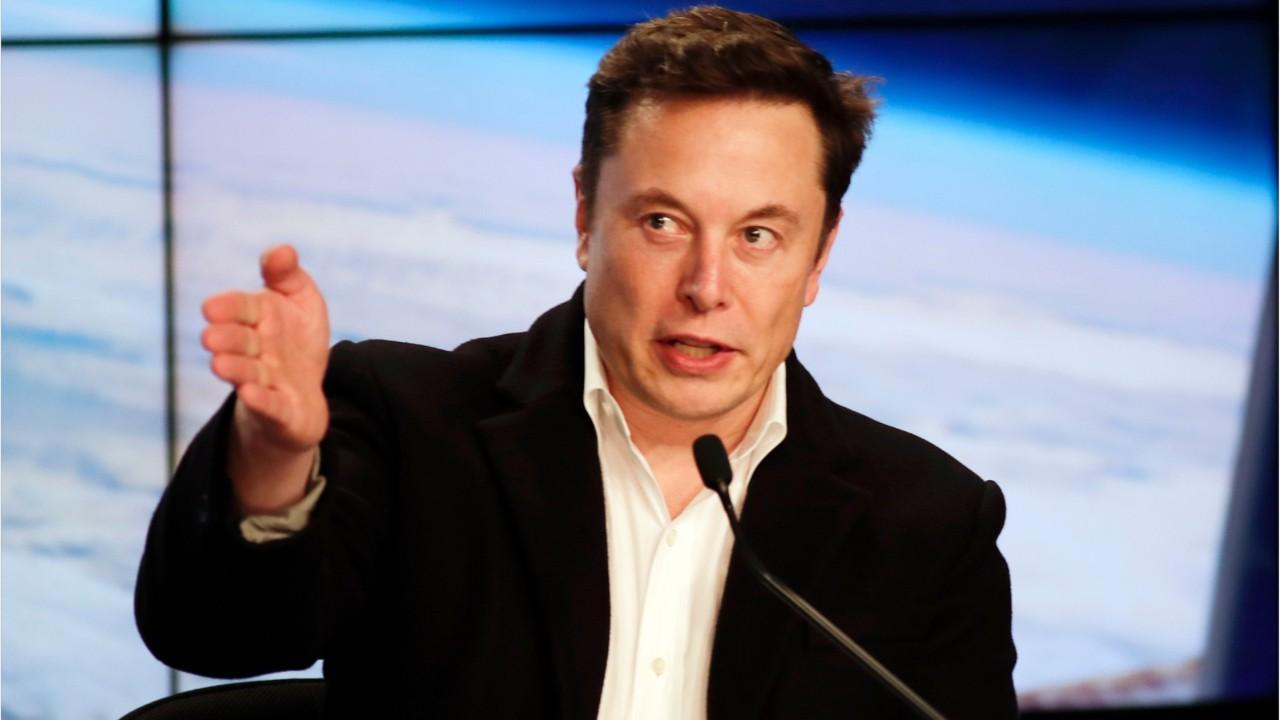California experiments with universal basic income
Some participants in a California city's privately funded universal basic income (UBI) experiment spoke about how the program has improved their lives since launching in February.
"I thought it was just the coolest thing," said Susie Garza of Stockton, California. "I like it because I feel more independent, like I'm in charge. I really have something that's my own."
Garza uses the $500 a month, which automatically loads onto a debit card, to pay her cellphone bill and her dog's veterinarian bills and to buy presents for her grandsons. She's unemployed after serving time in prison, and her husband just lost his job.
But Garza can expect the $500 until July 2020, since the program is set to last for a year and a half. Researchers say they will start releasing data from the experiment this fall.
UBI resurfaced as a talked-about poverty solution because of Democratic presidential candidate Andrew Yang. The tech entrepreneur advocates for a $1,000-a-month allotment to improve people's lives, even if they aren't teetering on the edge of poverty. Yang and 2020 rival Sen. Bernie Sanders, I-Vt., clashed after Sanders criticized the proposal in August.
Yang's proposal isn’t too far off from one by Sen. Kamala Harris, one of the top contenders for the Democratic nomination, who has a proposal to give up to $500 a month to working families.
Stockton, once known as the foreclosure capital of the country and for one of the nation’s largest municipal bankruptcies, is a step ahead of both candidates.
Stockton's program is not connected to Yang's campaign. The city does not release a list with the names of the 125 participants but connects journalists with individuals who are willing to discuss their participation.
Like Garza, construction worker Jovan Bravo was selected for the program. He worked on the weekends until he started receiving the $500, enabling him to cut back to one Saturday a month so that he could spend more time with his three children.
"It's made a huge difference," Bravo said. "Just being able to spend more time with the wife and kids, it brings us closer together."
CLICK HERE TO READ MORE ON FOX BUSINESS
One big disparity between UBI plans like Yang's and the program in California: the Stockton Economic Empowerment Demonstration is funded privately. In fact, Facebook co-founder Chris Hughes' nonprofit finances part of the program, which uses a random sampling of city residents who earn at or below the city's median household income of $46,033.
When all is said and done, the price tag for the program will be $1.1 million.
The Associated Press contributed to this story.




















